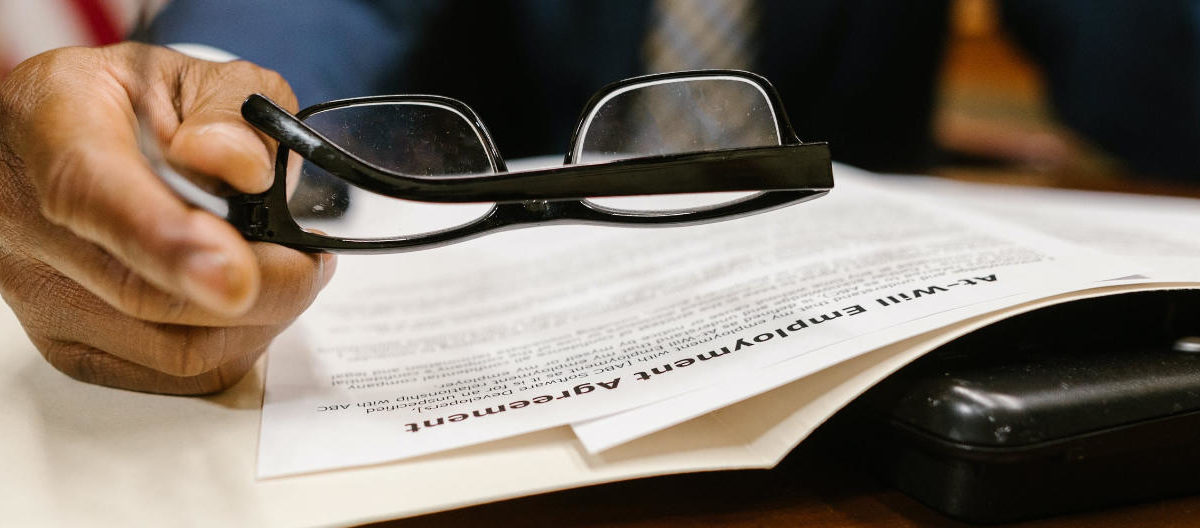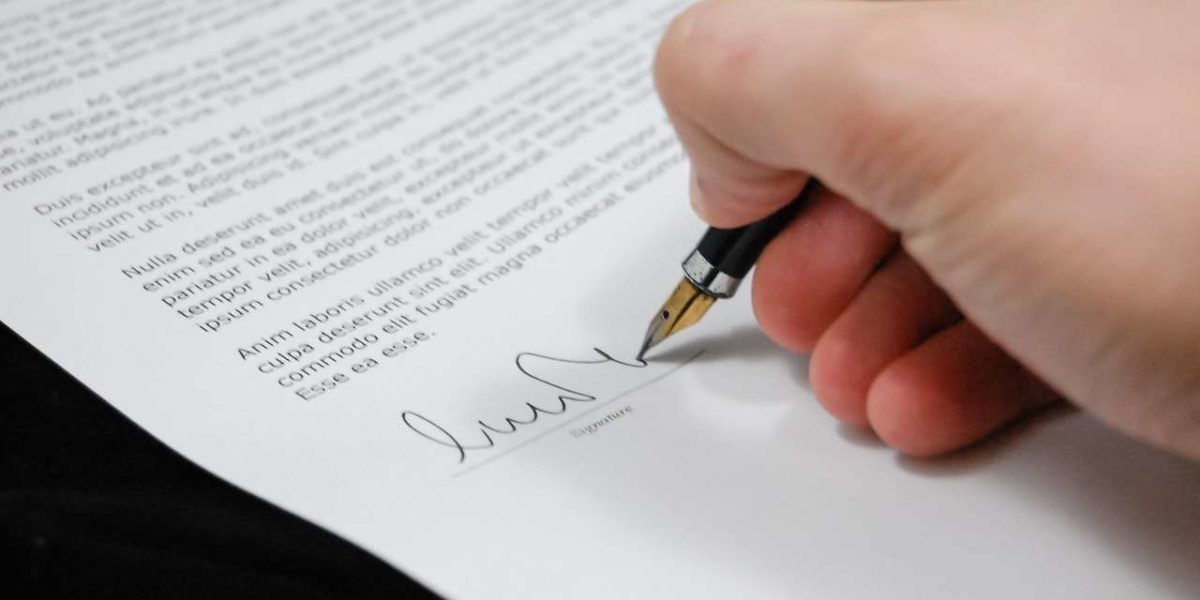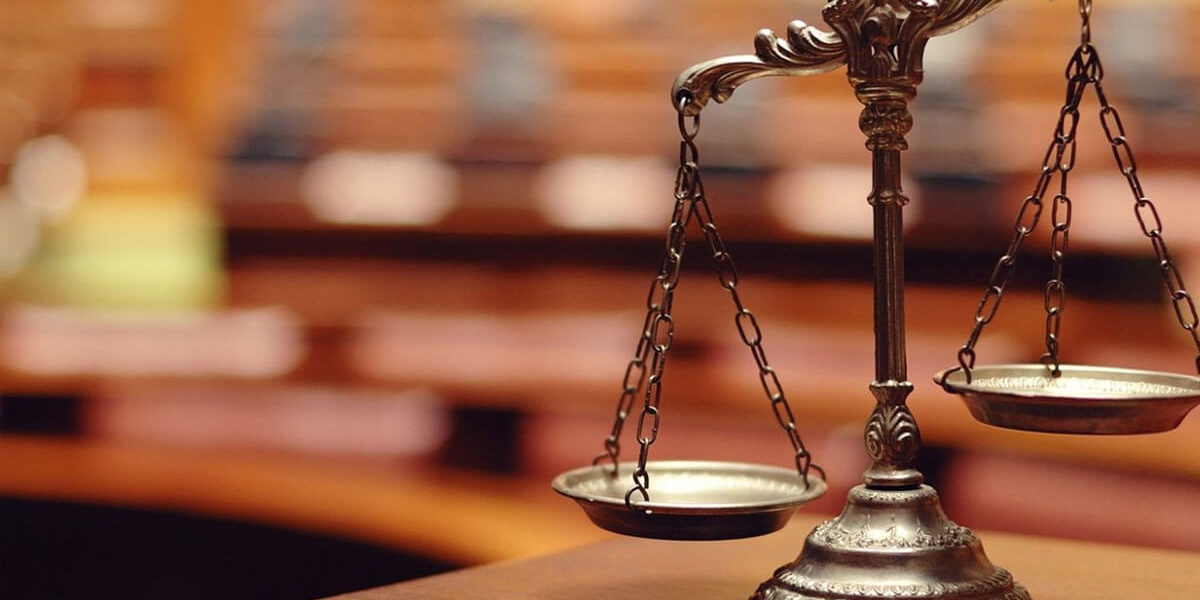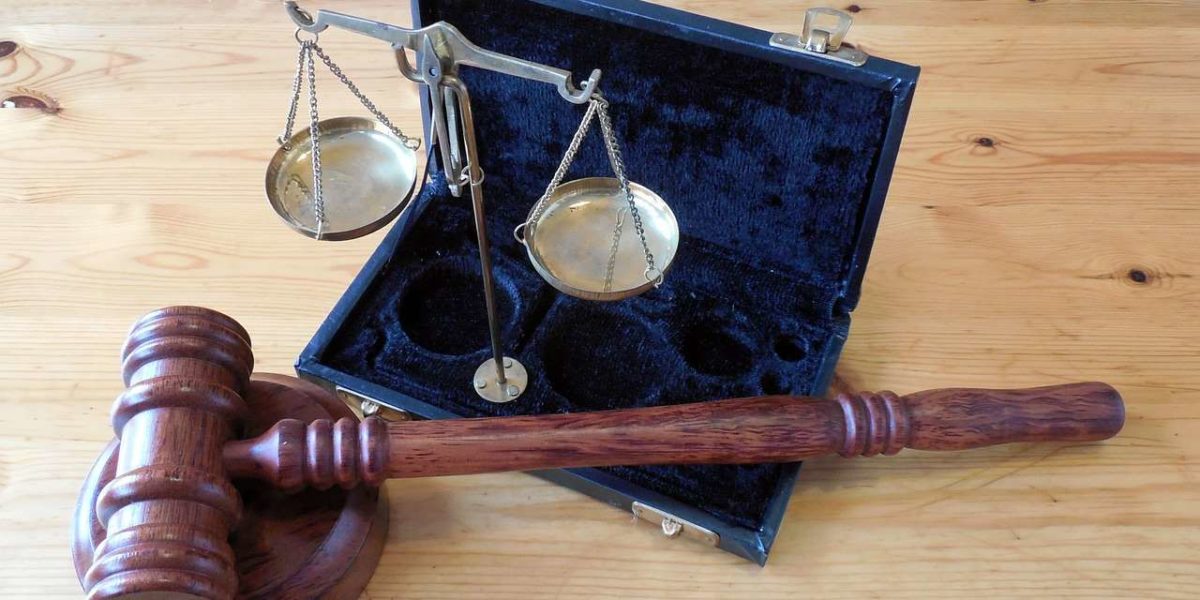Anticipatory Breach Of Contract
A buyer and a seller enter into an agreement. They agree that the buyer will buy 1,000 bushels of corn from the farmer for $10 a bushel, for a total price of $10,000. They agree that the buyer will pay $10,000 to the seller now, and the seller will deliver the 1,000 bushels of corn […]
Read More








